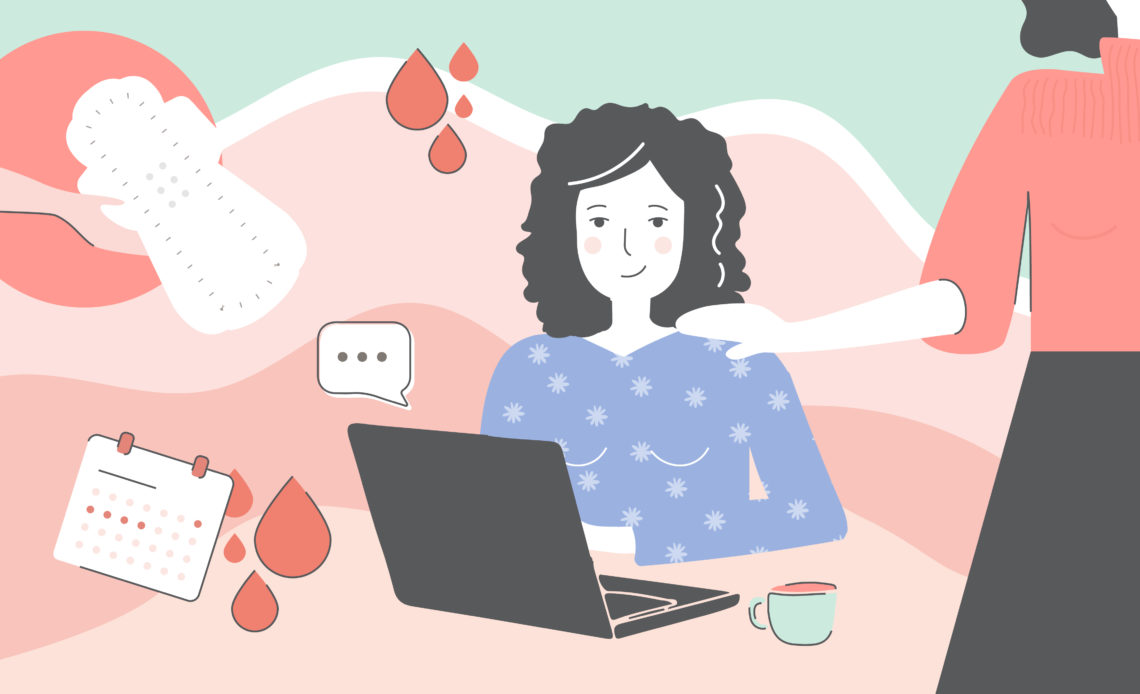In our pursuit of workplace equity, it’s crucial to address the intersection of women at work and periods. A common myth is that menstruation affects women’s ability to perform in the workplace, however, this holds little to no truth since menstruation is only a natural process of the body. This is why it is essential to maintain open discussions about menstruation while ensuring that women have all the essentials during their periods.
The Impact of Menstruation on Women at Work
While menstruation can have various physical and emotional effects, such as menstrual cramps, fatigue, headaches, and mood swings, women always overcome them in their way. At Nua, we provide women with that extra help for comfort and ease during their periods through our cramp comfort, period pain relief drink mix, and ultra-safe sanitary pads.
It’s essential to create a supportive environment that enables women to manage their menstrual cycles with dignity and ease.
Redefining Workplace Inclusivity Through Period Awareness
Redefining workplace inclusivity involves acknowledging and addressing the unique needs of women, including their menstrual health. Employers and colleagues can play a crucial role in developing period awareness and creating a supportive workplace culture by:
- Normalizing Conversations: Encouraging open and respectful discussions about menstruation can help break down barriers and reduce the stigma surrounding the topic in the workplace. Creating a culture where women feel comfortable discussing their menstrual needs can promote understanding and empathy among colleagues.
- Providing Access to Period Products: Ensuring that menstrual products such as sanitary pads and panty liners are readily available in workplace restrooms or designated areas can alleviate stress and discomfort for women during their periods. Additionally, offering a variety of product options can cater to individual preferences and needs.
- Implementing Flexible Policies: Instituting flexible work arrangements or policies that allow women to take breaks or work from home during their periods can accommodate the physical and emotional challenges they may face. Providing menstrual leave as part of employee benefits can also demonstrate a commitment to supporting women’s well-being.
- Educating Employees: Providing education and training on menstrual health and hygiene can dispel myths and misconceptions surrounding menstruation. Empowering employees with accurate information can promote empathy, understanding, and inclusivity in the workplace.
Moving Forward Together
As we strive towards creating more inclusive and supportive workplaces, it’s crucial to recognize and address the unique needs of women, including their menstrual health. By fostering period awareness and understanding in the workplace, we can create an environment where women feel valued, respected, and empowered to succeed. Let’s work together to redefine workplace inclusivity and ensure that all employees can thrive – regardless of their natural biological processes.



